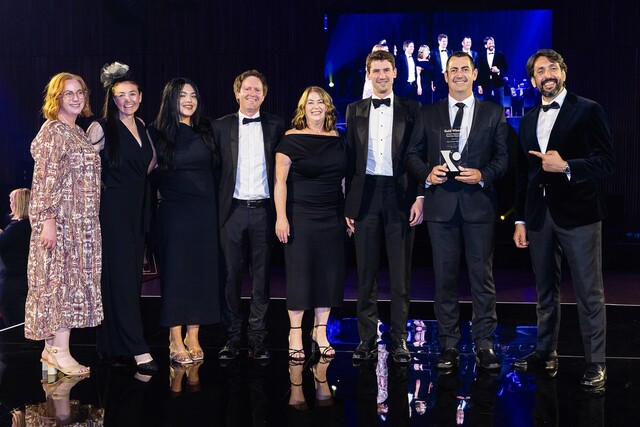President of ALGA, Council John Campbell has called for urgent clarification as to which Local Government activities will be subject to a GST. Work done by ALGA and State LGAs in the lead up to the release of the Howard Government’s Tax Package has resulted in Local Government doing a lot better than many other sectors in regard to a Goods and Services Tax.
However, Councils face three areas of concern; which activities will incur a GST, which will be GST free and dealing with the Input Credits System. Councillor Campbell said many Council activities fall into a grey area, where it is still uncertain if a GST will apply.
It would appear a GST will apply to Council ‘commercial’ activities where there is a fee for service and the function could be carried out by the private sector. Such activities could include meter parking, cemeteries, dumping fees, bus and ferry travel, commercial and industrial garbage collection, swimming pools, library services such as Internet and photocopying, hiring of sports facilities and public halls.
The Government has assured Local Government that general rates, compulsory garbage collection charges, water and sewerage charges, fines, childcare and regulatory or licensing services would be GST free.
The Input Credits System will apply to all Council purchases with Councils then having to apply for a refund. The lag in receiving the refund will have cashflow implications for Councils. In addition, Councils will need to adjust their accounting systems enabling them to apply GST, make exemptions or claim a refund.
There is a wide area of uncertainty and complexity concerning what will incur a GST and what is exempt. For example, if Councils are charging a nominal fee for service is this still deemed a commercial activity?
The Local Government Association of Queensland has considered two case studies, Logan City Council, a large fringe urban Council with 170,000 residents and Burdekin Shire, a rural area with 19,000 people.
In Logan, 601 separate charges were identified, of which 176 or 30 percent were unclear if a GST would apply, 87 would have a GST and 338 would be GST free. Burdekin had 402 separate charges with 201 (50%) unclear, 52 with GST and 149 GST free.
With many questions unanswered and some information from the Government contradictory and confusing, John Campbell is calling for greater inclusion of Local Government in tax reform negotiations.
The following motion in regard to GST was strongly supported by delegates. That the General Assembly calls on the Federal Government:
1) To admit ALGA to the special tax reform Premiers’ Conference to allow Local Government to press for:
- rejection of any proposal to transfer responsibility for Local Government FAGs to the States and Territories;
- allocation of a six percent share of a GST as Local Government financial assistance to be administered by the Commonwealth, under the current principles; and
- access to the compensation funds available to business to offset administrative costs incurred in the transition to a GST.
2) To ensure that, in determining the scope of ‘commercial activities’, that activities of Local Government should not be subject to a GST:
- where the activity embodies a significant community service obligation; or
- where only a nominal charge is levied.
After the motion was passed, John Campbell said he will continue to knock on as many doors as possible in the hope of being included in the Premiers’ Conference, scheduled shortly after the General Assembly.
















